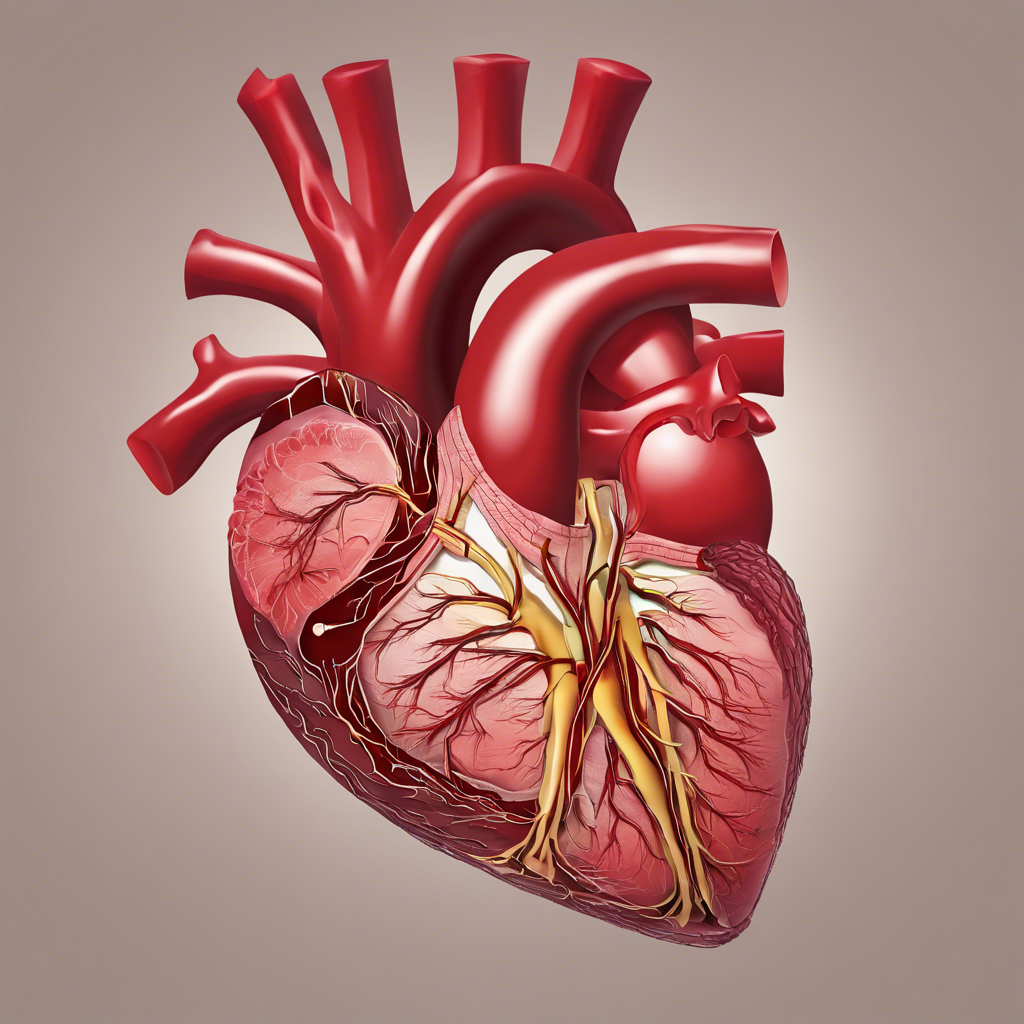Introduction
Heart attacks are a major concern worldwide, with millions affected annually. While most people are aware of common risk factors like high cholesterol, smoking, and obesity, there’s a hidden cause of heart attack that could be putting you at risk. This lesser-known factor, chronic inflammation, plays a significant role in heart health and is often overlooked.
Understanding Heart Attacks
Before diving into the hidden cause, it’s essential to understand what a heart attack is. A heart attack, also known as a myocardial infarction, occurs when blood flow to a part of the heart muscle is blocked for an extended period. This blockage can cause severe damage or even death to the affected heart muscle.
The Common Causes
- High Cholesterol: Often leading to a build-up of plaques in the arteries, high cholesterol is a well-known risk factor.
- High Blood Pressure: Increased pressure can damage artery walls, making them more susceptible to plaque build-up.
- Smoking: It damages the lining of the arteries, leading to atherosclerosis.
- Obesity: Excess weight puts additional strain on the heart and can lead to diabetes and high blood pressure.
The Hidden Culprit: Chronic Inflammation

Chronic inflammation is a hidden cause of heart attack that often goes unnoticed. Unlike the acute inflammation that occurs when you have an injury or infection, chronic inflammation is a low-grade, persistent state that can damage the inner lining of the arteries, known as the endothelium.
How Chronic Inflammation Affects the Heart
Chronic inflammation can damage the endothelium, leading to the formation of plaques. Over time, these plaques can become unstable and rupture, causing a blood clot that can block the flow of blood to the heart, resulting in a heart attack.
Signs of Chronic Inflammation
Identifying chronic inflammation can be challenging because it doesn’t always produce obvious symptoms. However, some signs to watch out for include:
- Persistent fatigue
- Unexplained aches and pains
- Digestive issues
- Skin problems like rashes or acne
- Frequent infections
Factors Contributing to Chronic Inflammation
- Poor Diet: A diet high in processed foods, sugars, and unhealthy fats can contribute to inflammation.
- Lack of Exercise: Physical inactivity can lead to weight gain and increased inflammation.
- Stress: Chronic stress can release hormones that promote inflammation.
- Sleep Issues: Poor sleep quality or lack of sleep can also increase inflammatory markers in the body.
Reducing Chronic Inflammation
1. Adopt an Anti-Inflammatory Diet

Consuming foods rich in omega-3 fatty acids, antioxidants, and fiber can help reduce inflammation. Some excellent choices include:
- Fatty fish like salmon and mackerel
- Leafy greens like spinach and kale
- Nuts and seeds, especially flaxseeds and chia seeds
- Berries such as blueberries and strawberries
- Olive oil
2. Exercise Regularly
Engaging in regular physical activity helps maintain a healthy weight and reduces inflammation. Aim for at least 150 minutes of moderate-intensity exercise per week, such as brisk walking or cycling.
3. Manage Stress

Chronic stress can exacerbate inflammation, so it’s crucial to find effective ways to manage it. Consider practices like meditation, yoga, or deep breathing exercises.
4. Prioritize Sleep
Aim for 7-9 hours of quality sleep per night. Creating a relaxing bedtime routine and avoiding screens before bed can improve sleep quality.
The Role of Regular Check-Ups
Regular medical check-ups can help detect inflammation markers like C-reactive protein (CRP) in your blood. Elevated CRP levels may indicate chronic inflammation and an increased risk of heart disease. If detected early, steps can be taken to manage inflammation and reduce heart attack risk.
Conclusion
While traditional risk factors like high cholesterol and smoking are well-known, chronic inflammation is a hidden cause of heart attacks that often goes unnoticed. By understanding and addressing chronic inflammation, you can take proactive steps to protect your heart health. Remember, a heart attack can be life-threatening, but with the right lifestyle changes and medical guidance, you can reduce your risk and live a healthier, longer life.


